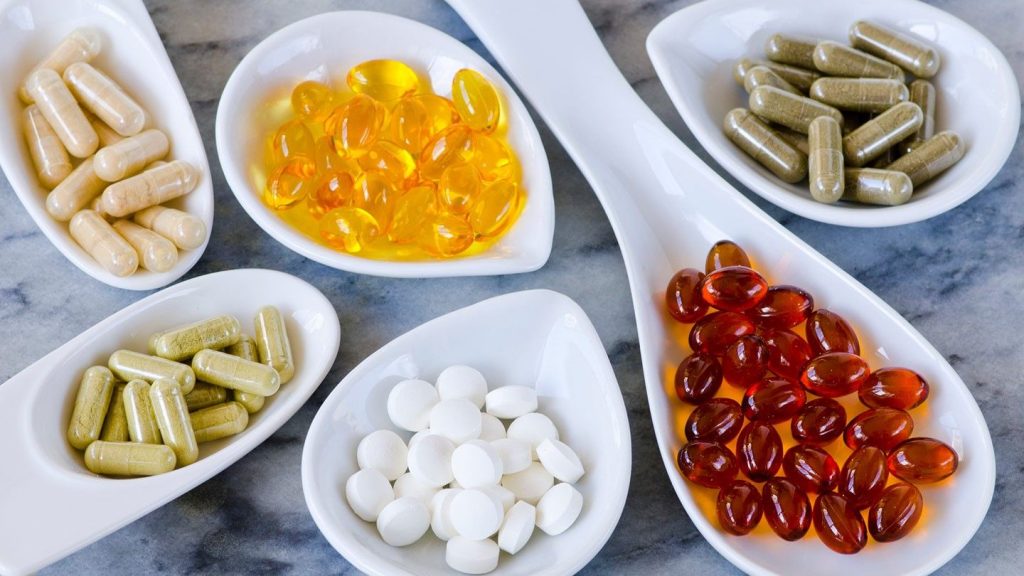Quality control in commercial drug Active Pharmaceutical Ingredient API production is paramount to ensure the safety and efficacy of pharmaceuticals. As the demand for pharmaceutical products continues to rise, maintaining rigorous quality standards becomes increasingly essential. This article delves into the critical aspects of quality control in API production and highlights the measures taken to elevate these standards. APIs serve as the foundation of any pharmaceutical formulation, playing a pivotal role in the therapeutic effect of drugs. Ensuring the consistent quality of these APIs is not merely a regulatory requirement but a moral responsibility towards patients. To achieve this, pharmaceutical manufacturers employ a multifaceted approach to quality control. First and foremost, raw material selection is a crucial step. The quality of starting materials directly impacts the quality of the final API. Manufacturers meticulously evaluate suppliers and raw materials to ensure compliance with stringent quality specifications.
This involves thorough testing and verification of the starting materials’ identity, purity, and overall quality. Once the raw materials are approved, the manufacturing process itself undergoes rigorous scrutiny. Process validation, a key component of quality control, ensures that the production process consistently produces APIs of the desired quality. This includes regular monitoring and adjustment of critical process parameters to maintain product integrity. Analytical testing is another cornerstone of quality control and visit now. Comprehensive testing methodologies, including High-Performance Liquid Chromatography HPLC, Mass Spectrometry MS, and Nuclear Magnetic Resonance NMR, are employed to verify the identity, purity, and potency of APIs. These tests are not limited to the final product but are conducted at various stages of production to detect and rectify deviations promptly. Furthermore, adherence to Good Manufacturing Practices GMP is paramount in API production. GMP guidelines provide a framework for maintaining consistent product quality, ensuring the cleanliness of equipment and facilities, and preventing contamination. Regular inspections by regulatory authorities ensure compliance with GMP standards.

Quality control also extends to the packaging and labeling of APIs. Proper labeling ensures that healthcare professionals and patients can use the product safely and effectively. Incorrect labeling can lead to medication errors and jeopardize patient safety. To further enhance quality control, many pharmaceutical companies are adopting advanced technologies such as automation and data analytics. Automation reduces the risk of human error and ensures precision in the manufacturing process, while data analytics provide real-time insights into production data, allowing for proactive quality management. In conclusion, quality control in commercial drug API production is a multifaceted endeavor that spans from raw material selection to final packaging. Stringent quality standards, process validation, analytical testing, GMP compliance, and advanced technologies collectively contribute to elevating the quality control standards in pharmaceutical manufacturing. The pharmaceutical industry’s commitment to maintaining these high standards reflects its dedication to patient safety and the delivery of effective medications. As technology continues to advance, the industry will likely see further innovations in quality control, ultimately benefiting both manufacturers and, most importantly, patients who rely on these life-saving medications.
